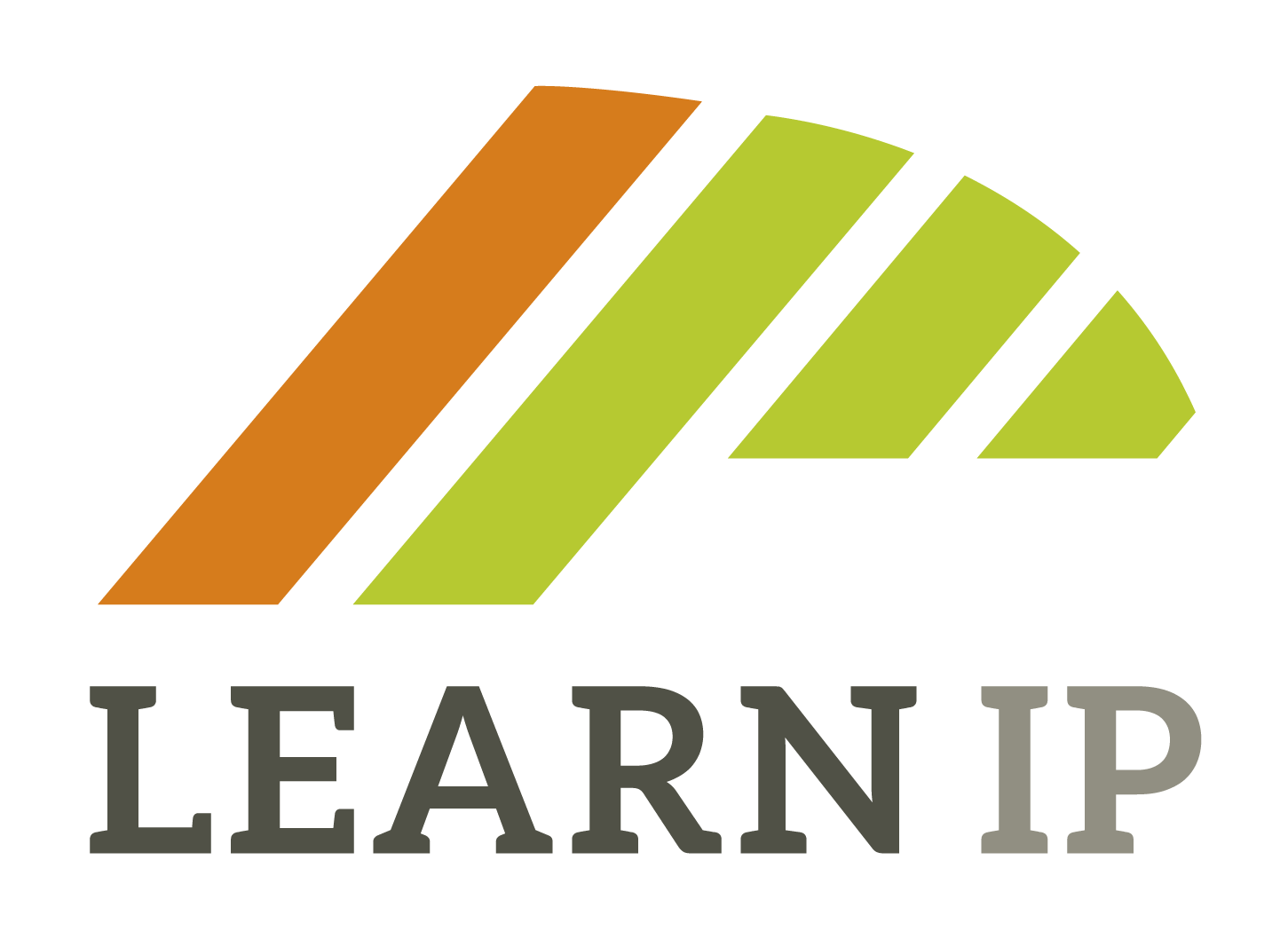Intellectual property rights such as trademarks, designs, copyrights or geographical indications enable European creative professionals and businesses in cultural heritage as well as in cultural tourism to prevent unauthorized exploitation of their creations and to get compensation for their investment in return. IPRs also offer guarantees to users, buyers and visitors to identify the origin of products and services.
So far, IPR generation has hardly been included in the curricula of formal cultural heritage and tourism education, simply because it is a subject that many teachers, trainers and learners shy away from. In the professional world very often there is also a financial issue because legal advice for IPR can be expensive and can hardly be covered by smaller institutions. This is all the more regrettable because IPR cannot only protect rights, but can also be used to develop new business opportunities for those involved.
LEARN-IP – the path for valorizing IPR
This data alone makes it clear how important it is for cultural practitioners to address the issue of IPR. LEARN-IP is the way to get there.
Currently, IPR information is spread in different legal frameworks, making it difficult for actors of the cultural heritage and cultural tourism sector to get the right access – simply because they are not familiar with legal terms and procedures. Additionally, not all information is available online and the assessment and interpretation of regulations is even difficult for experts.
LEARN-IP – European training programme on property rights
However, European right-holders and asset owners need access to effective ways of protecting their values internationally for growth and competitiveness to avoid that the economic and social potential of IPR gets lost. They need skills to identify, protect, apply and valorise it. When their ideas, brands and products are pirated and counterfeited, expertise and jobs are affected.
This is exactly where LEARN-IP comes in: The online training programme will be developed 2020-2022 to support cultural heritage managers and cultural tourism actors with the effective use of digital technologies to check for compliance with IPR regulations. It will raise awareness of the many IPR regulations and their relevance for products and services.
The training programme will act as an online “guided tour” through IPR regulations and will indicate what can be done to legally protect your property, expertise and knowledge. It will provide transparency in a field that for many representatives of cultural heritage and cultural tourism is still a no man’s land. The training will also show when professional help is recommended.
Three learning materials will be developed:
- LEARN-IP Modular Training Course
- LEARN-IP e-Learning platform
- LEARN-IP Guidelines / Handbook for training courses
The main target groups are cultural, religious and creative tourism professionals, cultural workers and cultural/religious heritage managers. The secondary target group are training providers who will offer the training in the future.

